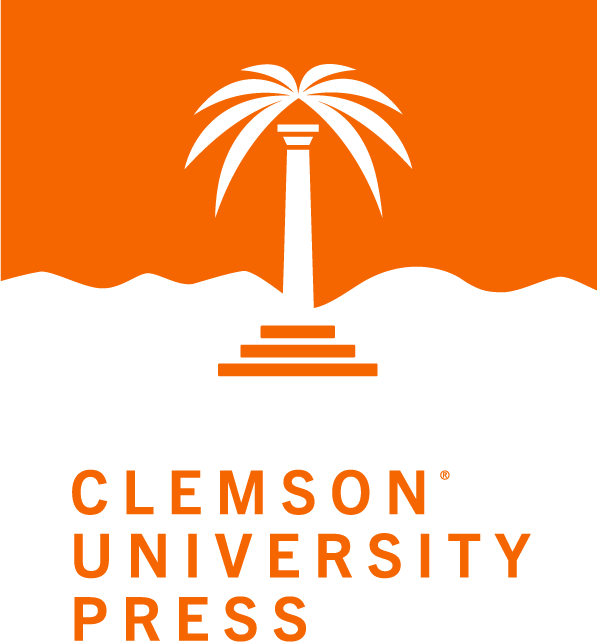Clemson books are broadly reviewed in scholarly journals, in the newsletters of author societies, and in the popular press. We have highlighted extracts from recent reviews below.
If you are a book reviews editor interested in commissioning a review of one of our scholarly books, please contact Lydia Osborne; for our general-interest list, please contact John Morgenstern. If you are a reviewer, we welcome the opportunity to work with you to place a review in a suitable venue.
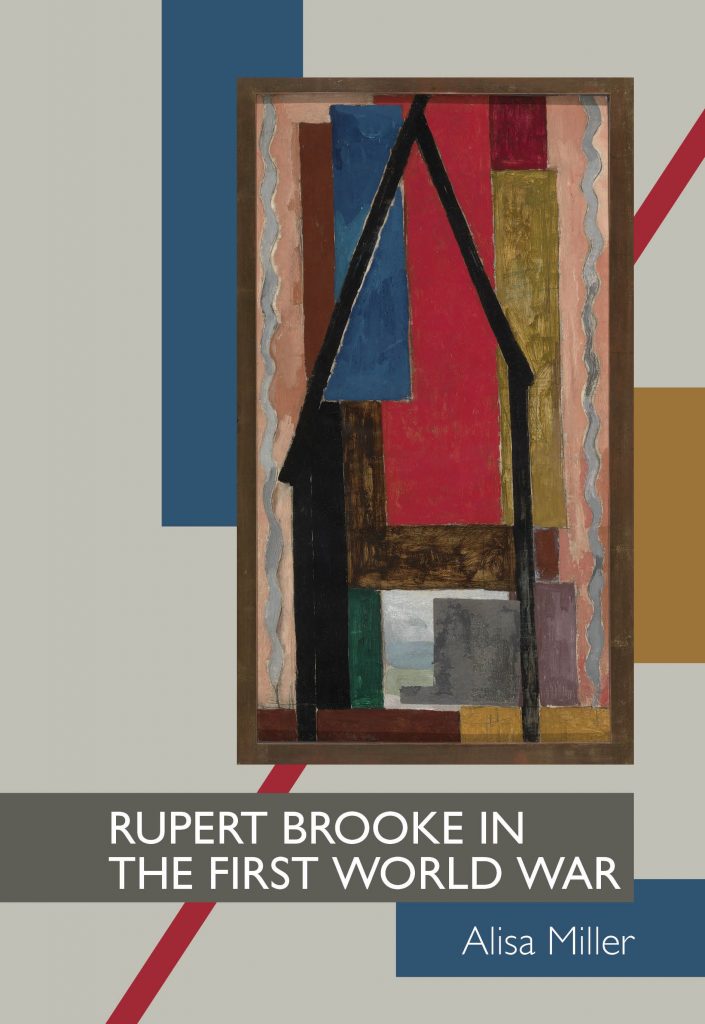
Rupert Brooke in the First World War
by Alisa Miller
Read more about this book and order your copy here.
“Miller’s book is valuable for “anyone interested in not only Brooke or poetry more generally but also the cultural and institutional underpinnings that helped make the war possible. . . .”
—Tim Dayton, First World War Studies
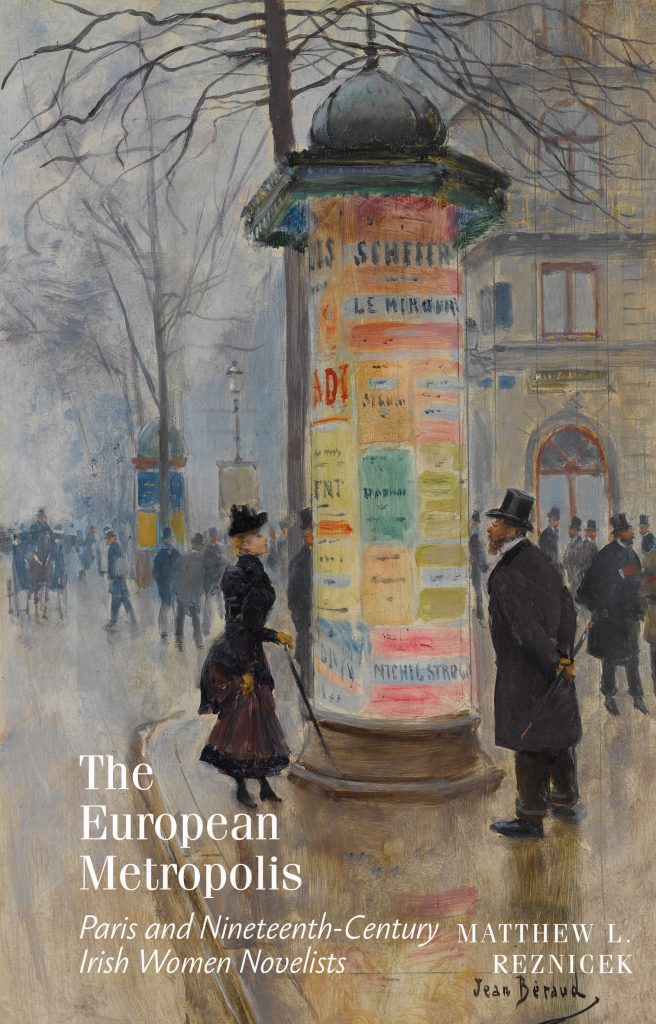 The European Metropolis
The European Metropolis
by Matthew Reznicek
Read more about this book and order your copy here.
“The European Metropolis makes an original and thought-provoking claim for the importance of Irish women’s writing in the literary imagination of Paris. . . . [T]he book offers a detailed, careful, and surprising counter-history of both the Bildungsroman and Paris as told by authors and protagonists whose outsiderness is their principal virtue.”
—Cóilín Parsons, Nineteenth-Century French Studies
“Reznicek’s [The European Metropolis] offers a highly relevant methodological approach, which could be replicated on the example of many other European traditions—with a view to detecting common literary bonds, those previously obscured by the insistence on a purely national framework.”
—Višnja Krstić, Irish Studies Review
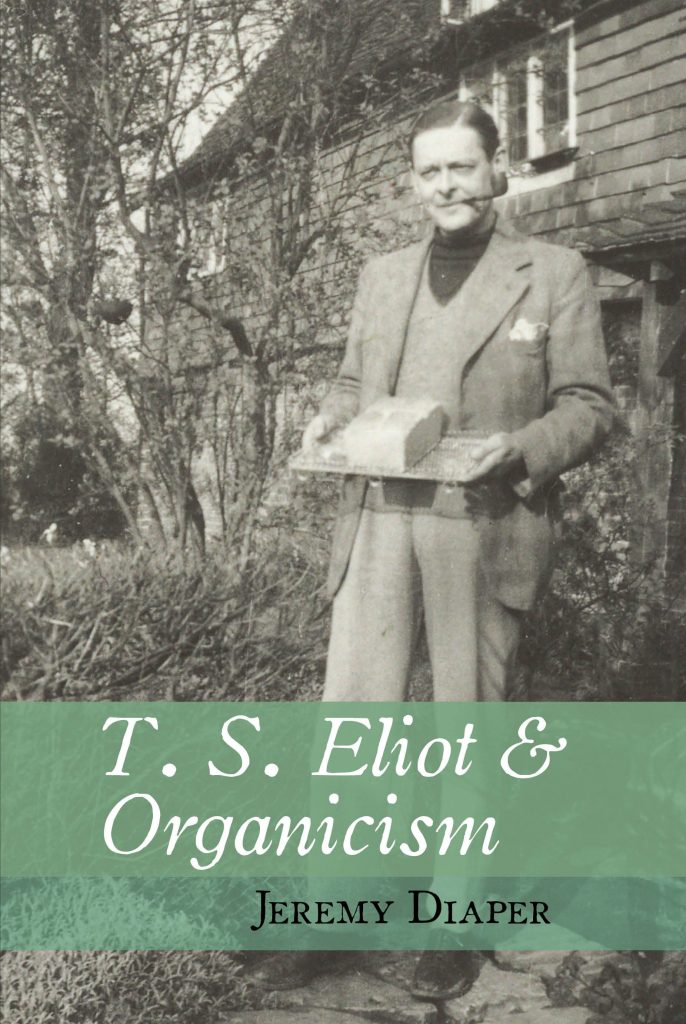 T. S. Eliot and Organicism
T. S. Eliot and Organicism
by Jeremy Diaper
Read more about this book and order your copy here.
“The most valuable part of T. S. Eliot and Organicism is its thorough trawling through the files of the New English Weekly and the Christian News-Letter, two publications which Eliot supported and contributed to, especially once the Criterion had closed. This yields ample evidence of parallels between Eliot’s work and that of a number of prominent writers on agriculture and its place in a good society.”
—Stefan Collini, Times Literary Supplement
“Jeremy Diaper’s argument in T. S. Eliot and Organicism [presents] a wealth of evidence to show that Eliot attached great importance to farming and to a thriving rural culture and economy. . . . Diaper’s monograph offers a convincing case for T. S. Eliot’s major role in propagating the organicist philosophy.”
—Philip Conford, Agricultural History Review
“T. S. Eliot and Organicism’s profound reconsideration of Eliot’s organic thinking will undoubtedly inspire future approaches to ecocriticism and Eliot Studies.”
—Clint Wilson, Time Present
 Let Us Imagine Her Name
Let Us Imagine Her Name
by Sue Brannan Walker
Read more about this book and order your copy here.
“In an era and a culture that at long last are spotlighting women for their strength and the things they contribute to the world, [Sue Brannan Walker’s Let Us Imagine Her Name] is a must-read.”
—Alyx Chandler
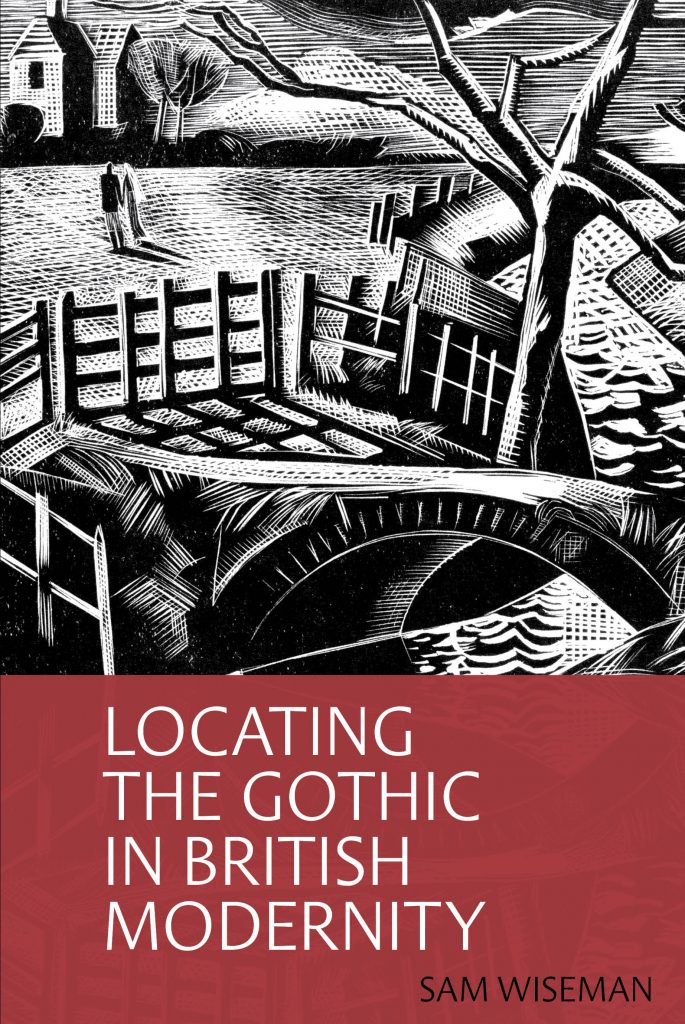 Locating the Gothic in British Modernity
Locating the Gothic in British Modernity
by Sam Wiseman
Read more about this book and order your copy here.
“Locating the Gothic in British Modernity is a scholarly achievement of great distinction, wide ranging, generously attentive to detail and genuinely manages to break new ground exploring this fascinating literary territory.”
—Alan Price, Magonia Review of Books
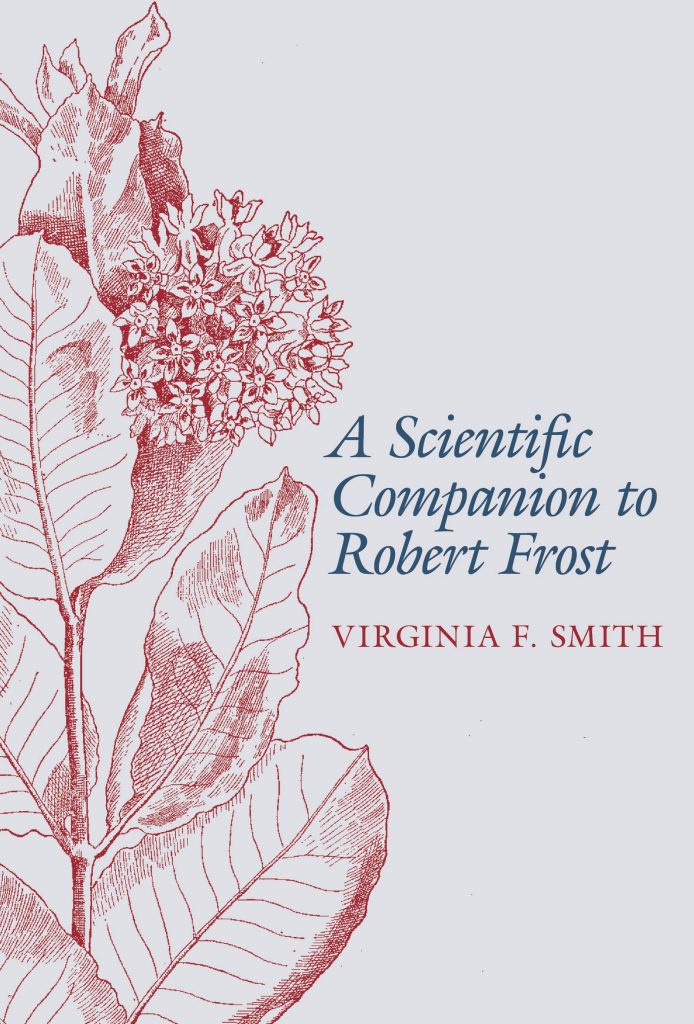 A Scientific Companion to Robert Frost
A Scientific Companion to Robert Frost
by Virginia Smith
Read more about this book and order your copy here.
In A Scientific Companion to Robert Frost, Virginia F. Smith “takes a fittingly capacious approach in her guide, ranging from farming jargon to theoretical physics, from the Chestnut blight to nuclear weapons. . . .”
—Steven Knepper, The New England Quarterly
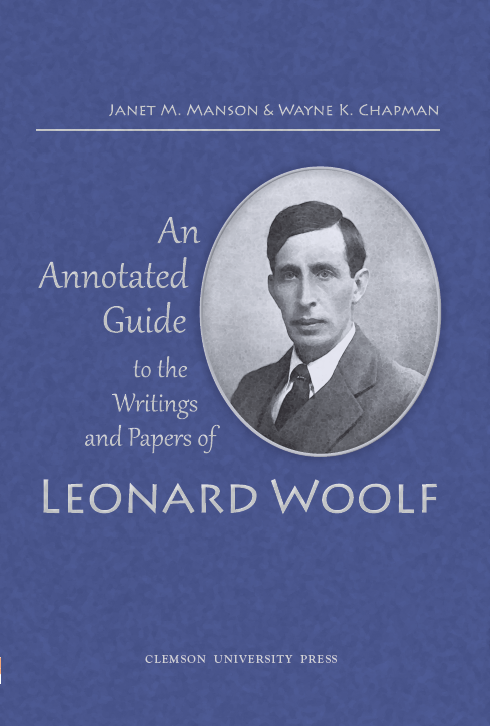 An Annotated Guide to the Writings and Papers of Leonard Woolf
An Annotated Guide to the Writings and Papers of Leonard Woolf
by Janet Manson and Wayne K. Chapman
Read more about this book and order your copy here.
“An Annotated Guide to the Writings and Papers of Leonard Woolf will be an invaluable resource for researchers who wish to navigate the extensive, and still significantly unexplored, interdisciplinary archives of a central Bloomsbury figure.”
—Alice Keane, Virginia Woolf Miscellany
